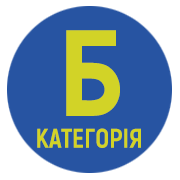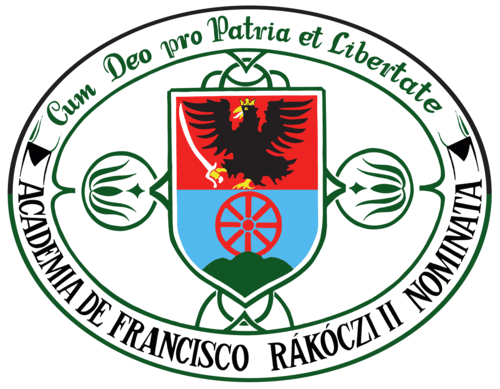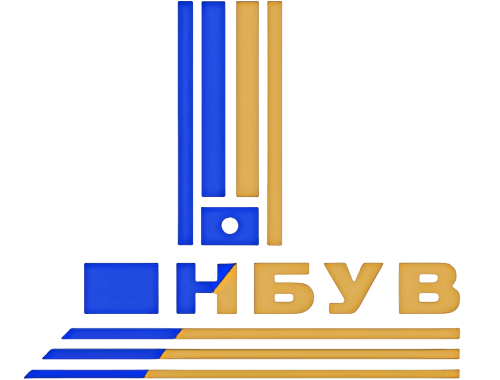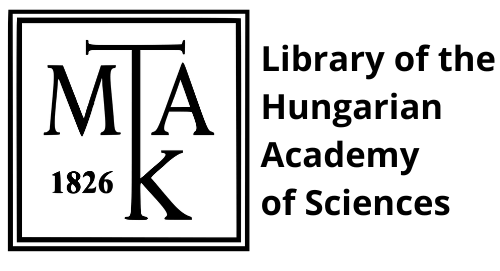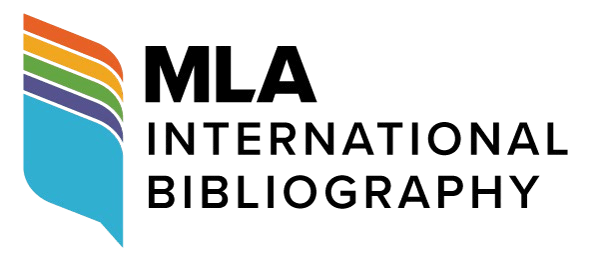Postcolonial criticism: literary aspect of Ukrainian literary studies
DOI:
https://doi.org/10.58423/2786-6726/2025-1-203-215Keywords:
postcolonial criticism, culture, system, methodology, world context, literary studiesAbstract
This article examines certain phenomena in modern Ukrainian literature and culture that can be described as postcolonial. Special attention is given to the transformations that distinguish these phenomena from the previous cultural system, as well as to the features and particularities of postcolonial criticism as a literary methodology.
It is noted that postcolonial criticism is a branch of contemporary literary studies that emerged in the English-speaking world in the late 1970s. It arose from the integration of the most influential approaches of deconstruction, psychoanalysis, Marxism, new historicism, and feminism, while also taking into account the historical and cultural models of countries that had liberated themselves from colonial rule. Postcolonial criticism addresses issues such as ethnicity, national identity, cultural universality, cultural hybridity and difference, as well as the problems of language and historical interpretation. A decisive role in the development of postcolonial theory was played by the work of Edward Said, an American scholar of Arab origin, particularly his book Orientalism.
The article emphasizes the importance of distinguishing between two types of cultural opposition to colonialism: anticolonial and postcolonial. The anticolonial stance involves direct resistance to colonialism, centred around genuine ideals of national liberation. The postcolonial perspective, however, goes beyond a simple rejection of colonialism and affirmation of its opposite. It involves a deeper awareness and critical engagement, characterized by the use of both colonial and anticolonial experiences and a recognition of the relativity of these two historical frameworks.
Political scientists primarily regard colonialism as a system through which the colonizer gains and maintains power over the colonized, compelling the latter to act in the interests of the former. Economists, in contrast, highlight the subordination of the colonized territory’s economy to that of the colonizer, particularly in terms of benefiting the colonizer in the global market. Cultural colonialism refers to the deployment of cultural institutions and ideologies – whether in popular or elite culture – that support political and economic domination.
Postcolonial discourse in Ukrainian culture has emerged relatively recently. A noticeable postcolonial trend has been present in Ukrainian literature for some time, as evidenced by the works of Ivan Dziuba, Marko Pavlyshyn, Oleh Ilnytskyi, Myroslav Shkandrij, Mykola Riabchuk, among others. Postcolonial criticism in general – and Ukrainian postcolonial criticism in particular – is marked by the overcoming of the inferiority complex. This is vividly reflected in the themes of contemporary literary studies: national self-criticism, the development of national self-awareness, the peculiarities of the Ukrainian mentality, the concept of “great literature”, and the global context of Ukrainian writing. Special attention is given to the writers’ focus on the affirmation of national consciousness.
References
Halych, Oleksandr 2003. Literaturoznavstvo na rubezhi tysiacholit: napriamy, shkoly, techii [Literary studies at the turn of the millennium: directions, schools, trends]. Ukrainska mova ta literatura 34: s. 3–8. (In Ukrainian)
Dziuba, Ivan 1998. Marko Pavlyshyn: kriz «postmodernistski okuliary» i bez nykh… [Marko Pavlyshyn: through “postmodernist glasses” and without them…] In: Dziuba, Ivan ed. Pavlyshyn M. Kanon ta ikonostas. Kyiv: Chas, s. 5–26. (In Ukrainian)
Ilnytskyi, Oleh 2000. Hohol i postkolonialnyi kontekst [Gogol and the postcolonial context]. Krytyka 4/3(29): s. 9–13. (In Ukrainian)
Pavlyshyn, Marko 1993. Shcho peretvoriuietsia v «Rekreatsiiakh» Yuriia Andrukhovycha? [What is being transformed in Yuriy Andrukhovych’s “Recreations”?] Suchasnist 12: s. 115–127. (In Ukrainian)
Pavlyshyn, Marko 1994. Kozaky v Yamaitsi: postkolonialni rysy v suchasnii ukrainskii kulturi [Cossacks in Jamaica: Postcolonial features in contemporary Ukrainian culture]. Slovo i Chas 4–5: s. 65–71. (In Ukrainian)
Pavlyshyn, Marko 2002. Postkolonialna krytyka i teoriia [Postcolonial criticism and theory]. In: Zubrytska, Mariia ed. Slovo, znak, dyskurs. Antolohiia svitovoi literaturno-krytychnoi dumky KhKh st. Lviv: Litopys, s. 531–535. (In Ukrainian)
Riabchuk, Mykola 2002. Imperiia yak dyskurs [Empire as a discourse]. Krytyka 4/9(59): s. 2–6. (In Ukrainian)
Shkandrij, Myroslav 2001. Russia and Ukraine: Literature and the Discourse of Empire from Napoleonic to Postcolonial Times. Montreal: McGill-Queen’s University Press.
Downloads
Published
How to Cite
Issue
Section
License
Authors retain copyright and grant the journal the right of first publication. The work is simultaneously licensed under a Creative Commons Attribution 4.0 International License (CC BY 4.0), which permits others to share the work with appropriate credit given to the author(s) and the initial publication in this journal.

